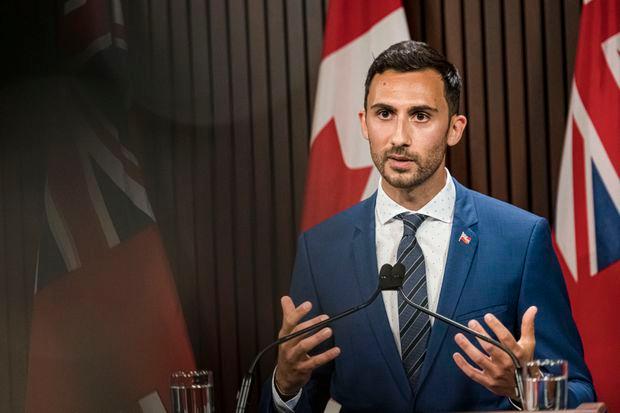Ontario is nearly doubling the number of days retired educators are allowed to work in public schools, in an effort to address significant staffing shortages.
Retired teachers, principals, and vice-principals will now be allowed to work 95 days per academic year, up from 50 days, the provincial government said in a statement on Jan. 10, after reaching an agreement with the Ontario Teachers’ Federation (OTF). The temporary measure will be in effect until June 30.





